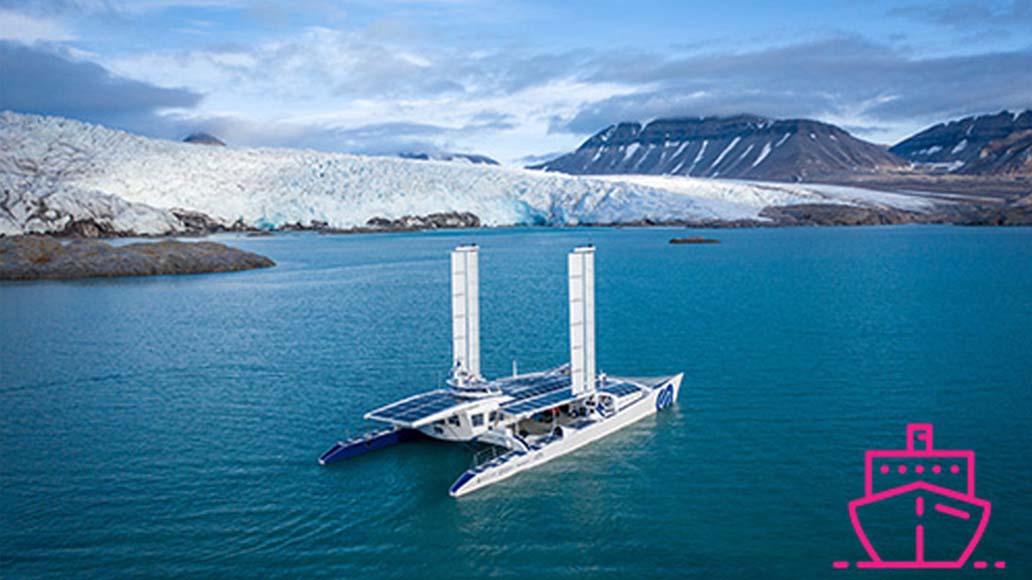Opening of a new naval engineer program

ESTACA is launching a new naval course as part of its engineering training. It will welcome students interested in this course of study from September 2021.
Offered in the first and second post-baccalaureate years on the two campuses (Estaca Paris Saclay and ESTACA Campus Ouest), the naval transport course will then continue in Laval from the 3rd year. A sector of the future, the industry needs new qualified engineers. The course will be based on ESTACA’s experience in training engineers and on the specific needs expressed by the industry.
A new training course to meet the needs of industrial and institutional partners
The naval and maritime industry is a major strategic challenge for France today. Diversification and energy management, innovative propulsion systems, comfort, air quality, digitalisation, intelligent and autonomous ships, pollution control, supply chains: the industry is constantly changing and there are many areas for development. The naval industry has a bright future and offers great employment opportunities in civilian and military industries, in marine renewable energies, offshore, as well as in defence, safety and security. ESTACA has relied on its network of partners in the naval sector to build its new program. It consulted Naval Groupe, the French Navy, Thales, the marine robotics expert, Sea Proven, the French Maritime Cluster and GICAN (the French Marine Industry Group). The training meets the needs for specific expertise expressed by these partners.
According to Jessy Lefeuve, Deputy Director of Training at the Campus Ouest, who helped to create this new course of study:
Digital, environment, energy: training in phase with developments in the naval sector
Like many sectors, the naval sector is facing changes in its professions. New skills and knowledge are required to meet new challenges. The proposed course, in parallel with the scientific and human core, will enable students to discover the ecosystem of the naval sector, its technologies, architecture and performance, the sub-systems that make up various surface and submarine vessels, etc.
The objective is to train specialised engineers who will have acquired the necessary skills to:
- Simulate and predict the performance and behaviour of naval systems within the framework of a global architecture.
- Study the hydrodynamic behaviour of marine systems and their application in the fields of performance and stability.
- Master the dimensioning of propulsion systems and management of associated energy.
- Be able to take into account the environmental impacts from design to operation.
- Design and dimension intelligent and connected vehicles for the marine environment.
- Adapt and apply general knowledge and skills in naval systems to the specific operation of underwater structures.













